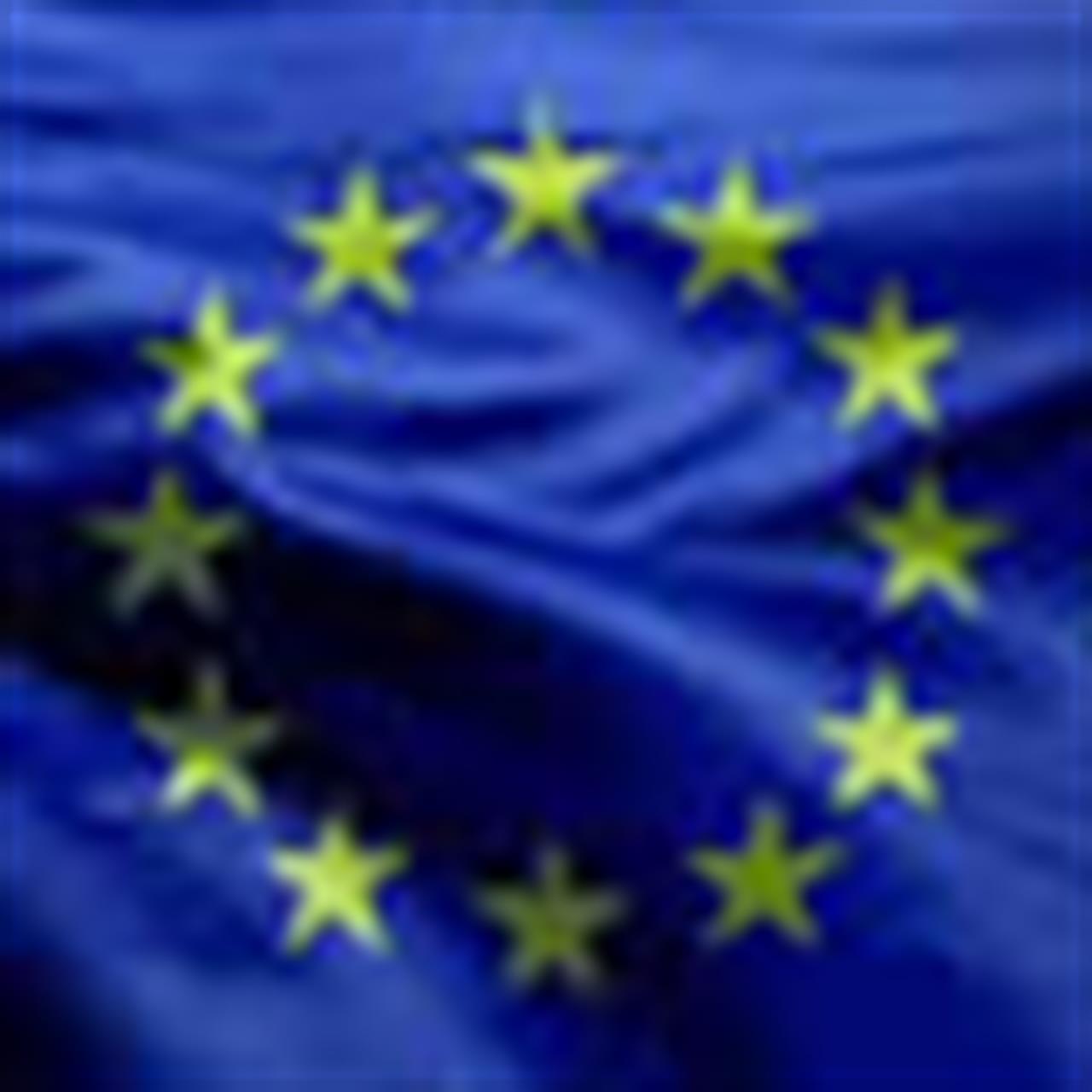Brussels is opening its doors to decentralised cooperation. Download and have a look at our special issue on the event on the attachment section. On 2 December 2009 the Committee of the Regions is organising an Assises which is incredibly significant, starting from its title: Local and regional authorities: fully fledged actors in EU development policy.
It is an important step because regions and other local actors are for the first time fully being recognised for their crucial role in development cooperation. This is opening the door for a debate on cooperation strategies and developing policies in the European Union, which favours strong coordination of EU initiatives. One could wonder why Brussels thought it strategic to make such a move. The reports that we have published in the next few pages will, I hope, give the right answers to this question. Here is a brief overview of them.
Decentralised cooperation mobilises and gives value to the local, acting as a bridge between local and local. The reason that decentralised cooperation is able to mobilise the local is because its projects are born from initiatives from NGOs and associations with strong grassroots presence. The other reason that decentralised cooperation is able to give value to the local is because the recipients of the projects are, in the vast majority of cases, communities themselves. Just as the Committee of the Regions’ President, Luc Van den Brande, suggests in our interview with him, decentralised cooperation has the added value of closeness between peoples and partnerships between one region and another. It promotes a culture of cooperation within communities and stays close to the people who genuinely understand the needs of populations in developing countries.
Undeniably, Europe, with its recent choice of using budget aid for interventions, has made a relationship with local actors less easy. Of course on the one hand this means that cooperation is less fragmented, but on the other hand it means that Europe is in serious need of decentralised cooperation in order to regain a direct link with the receiving end of aid. For this to happen, though, Brussels will have to make a credible step towards facilitating the access of local authorities to European funds. In particular, it will have to simplify the process and make the circulation of available information more transparent. It is for these reasons that Vita non profit magazine, the Italian weekly newspaper and voice of Italian civil society, which has built continental and intercontinental news platforms, respectively Vitaeurope. org and Afronline.org, chose to dedicate this special edition to the 2 December event, a date which we believe represents the beginning of a new, constructive approach to cooperation processes.
Vuoi accedere all'archivio di VITA?
Con un abbonamento annuale potrai sfogliare più di 50 numeri del nostro magazine, da gennaio 2020 ad oggi: ogni numero una storia sempre attuale. Oltre a tutti i contenuti extra come le newsletter tematiche, i podcast, le infografiche e gli approfondimenti.

